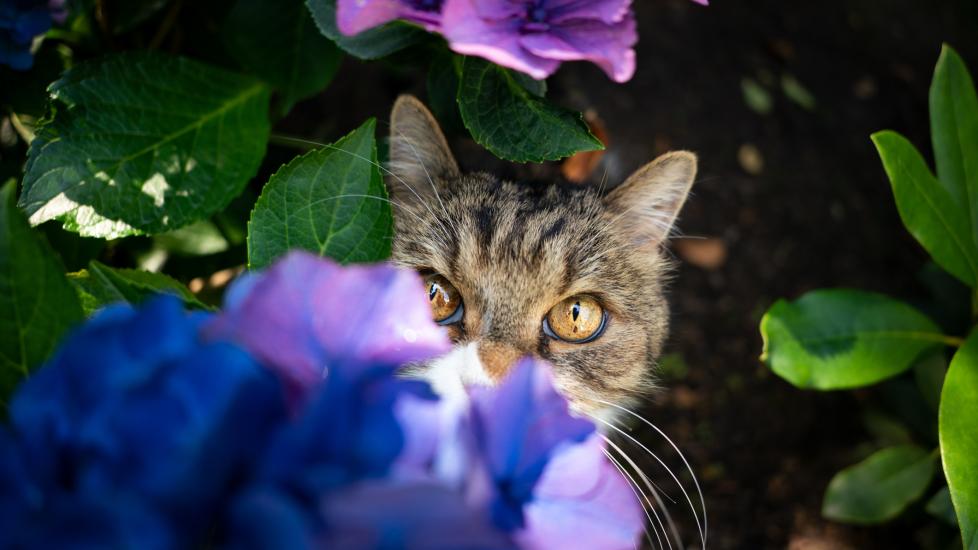 Unveiling the Truth about Hydrangea Safety for Feline Friends
Unveiling the Truth about Hydrangea Safety for Feline Friends
Subtitle: Navigating the Floral Landscape with Your Curious Cat in Mind
Introduction:
As cat owners, we often find ourselves navigating a complex world of pet-friendly environments. One common question that arises is whether certain plants are safe around our feline companions. Among these concerns lies the enigma surrounding hydrangeas and their potential toxicity towards cats. In this article, we delve into the truth behind hydrangeas’ safety for our curious kitties, providing insights that will help you create a safer floral oasis for your beloved pets.
The Mysteries of Hydrangeas:
Hydrangeas, known for their lush clusters of colorful flowers, grace gardens worldwide. However, many pet owners wonder if these beautiful blooms pose any risk to their furry friends. The answer isn’t as straightforward as one might expect. While some varieties of hydrangeas may be harmless to cats, others can contain potentially harmful substances. It’s crucial to understand the nuances before making assumptions or allowing your cat free reign among the blossoms.
Understanding Toxicity:
When it comes to plant toxicity in cats, there are several factors to consider. Some plants contain alkaloids, glycosides, or other compounds that can lead to gastrointestinal distress, skin irritation, or even more severe symptoms when ingested by our feline family members. Therefore, it’s important to approach each species with caution and awareness.
The Case Against Hydrangeas:
While not all types of hydrangeas have been proven to be toxic to cats, certain varieties can cause mild to moderate digestive upset if consumed. This reaction is primarily due to the presence of cyanogenic glycosides within the plant tissues. These chemicals break down upon digestion, releasing small amounts of hydrogen cyanide—a compound well-known for its ability to induce nausea, vomiting, and diarrhea in animals. Although rare, more serious complications could occur in cases of excessive consumption.
Prevention and Management Tips:
To ensure the well-being of both your cat and your garden, here are some practical tips to keep in mind:
-
Educate Yourself: Learn about the specific varieties of hydrangeas found in your area and whether they are considered safe for cats.
-
Create Barriers: If you suspect your cat has an affinity for nibbling on flowers, consider placing barriers such as netting or fencing around sensitive areas.
-
Supervision: Always supervise your cat outdoors, especially near gardens where tempting treats like hydrangeas might grow.
-
Alternatives: Opt for pet-safe flowering options instead of those that carry risks, ensuring a worry-free environment for your four-legged friend.
-
Emergency Preparedness: Keep the contact information for your local emergency vet handy should your cat accidentally consume something unsuitable.
Conclusion:
In conclusion, while hydrangeas do possess the potential to cause discomfort for our curious cats, they aren’t universally labeled as highly poisonous. By understanding the variations between different species and taking proactive measures to protect your pet, you can enjoy the beauty of these flowers without compromising the health of your feline companion. As always, consult with a veterinarian or animal healthcare professional for personalized advice regarding your own pet’s needs and behaviors.
